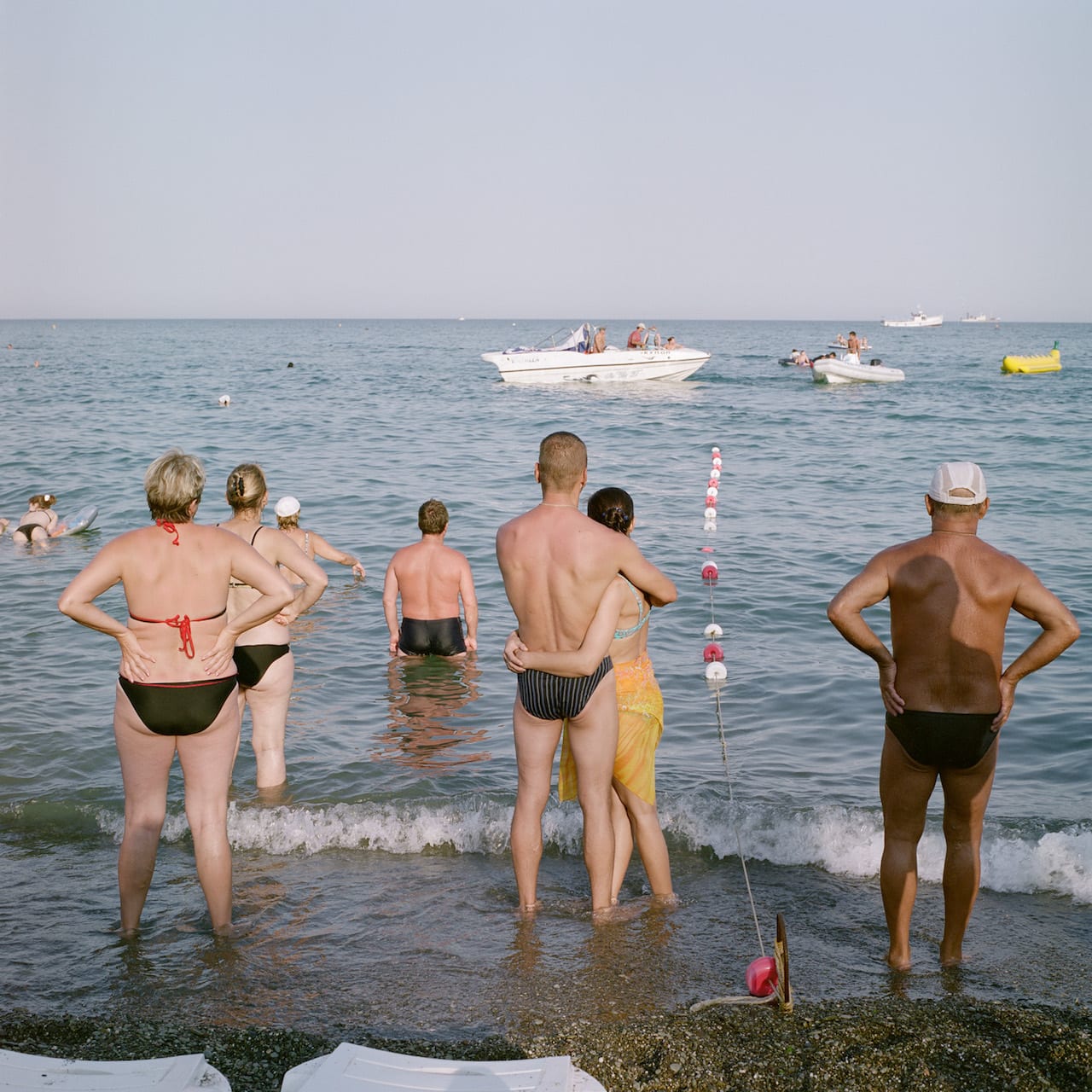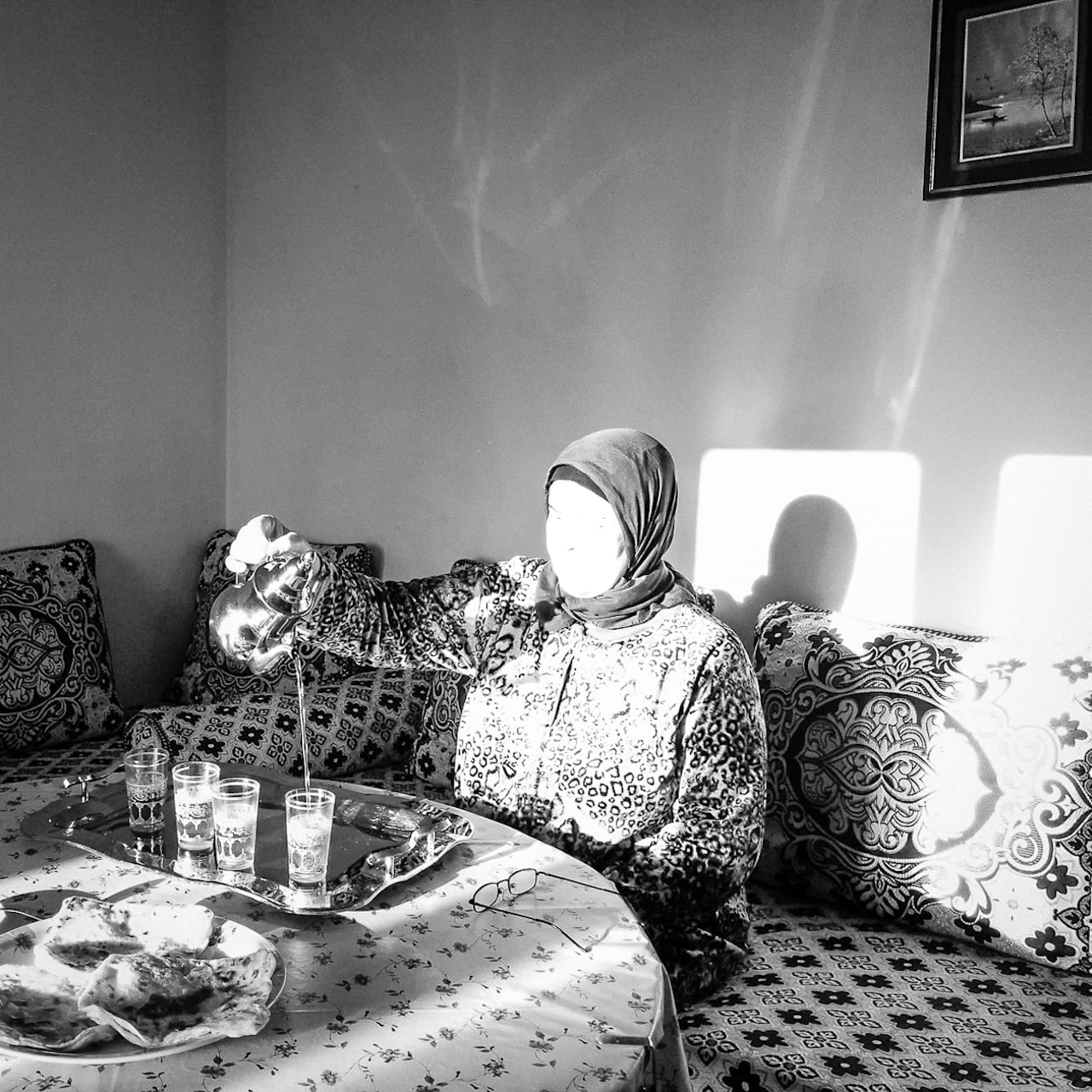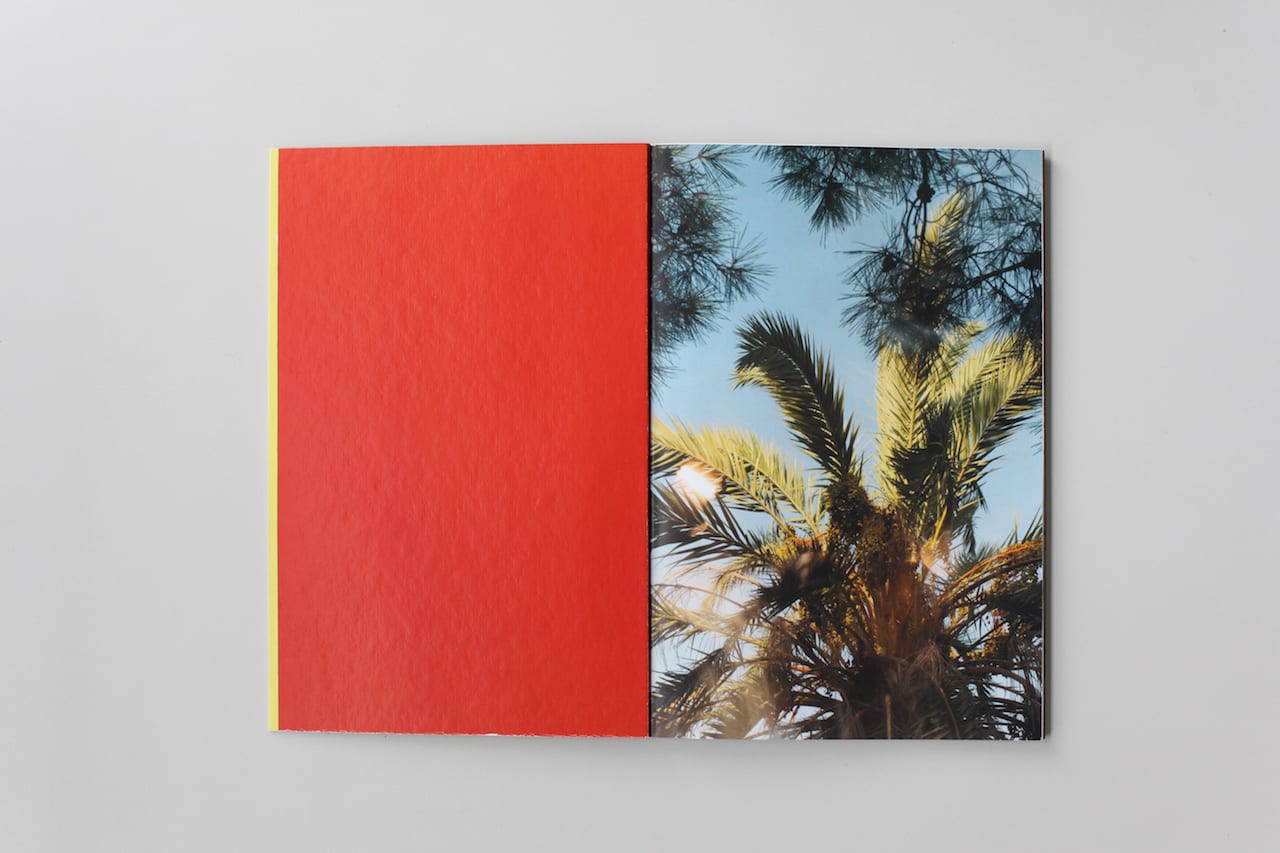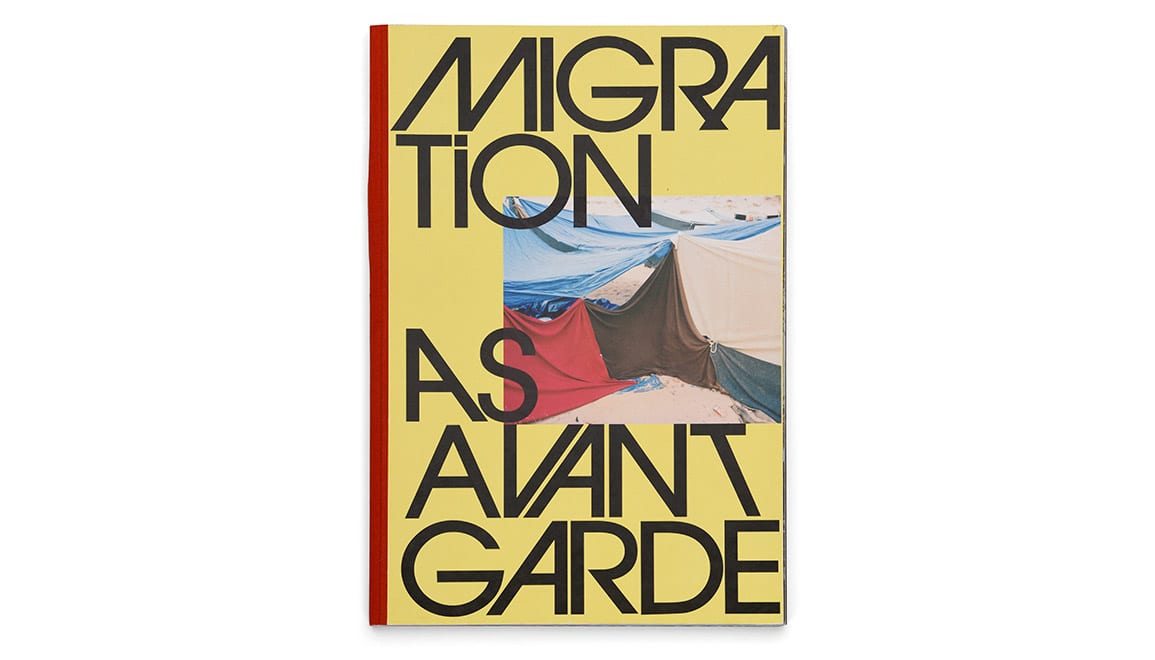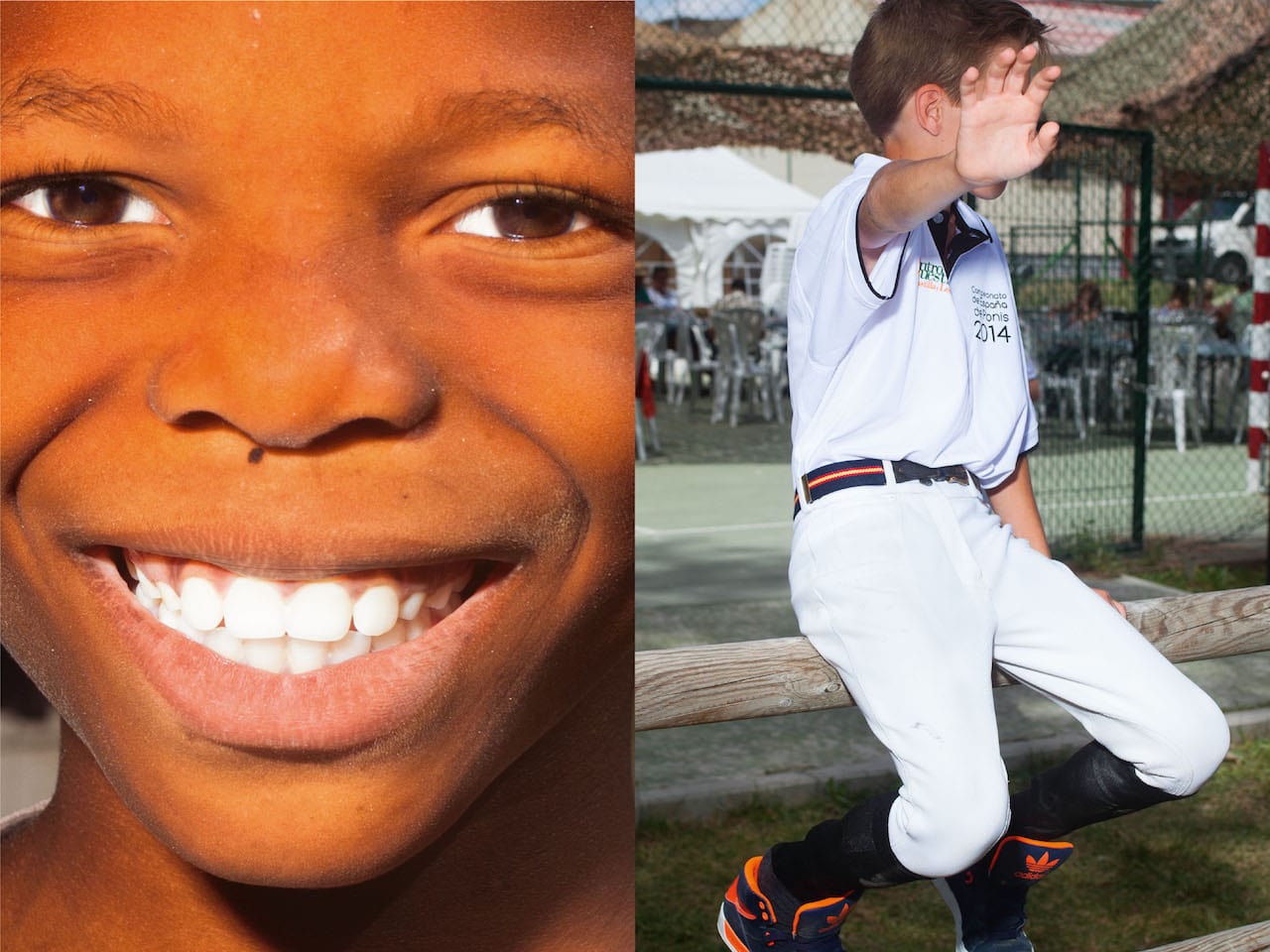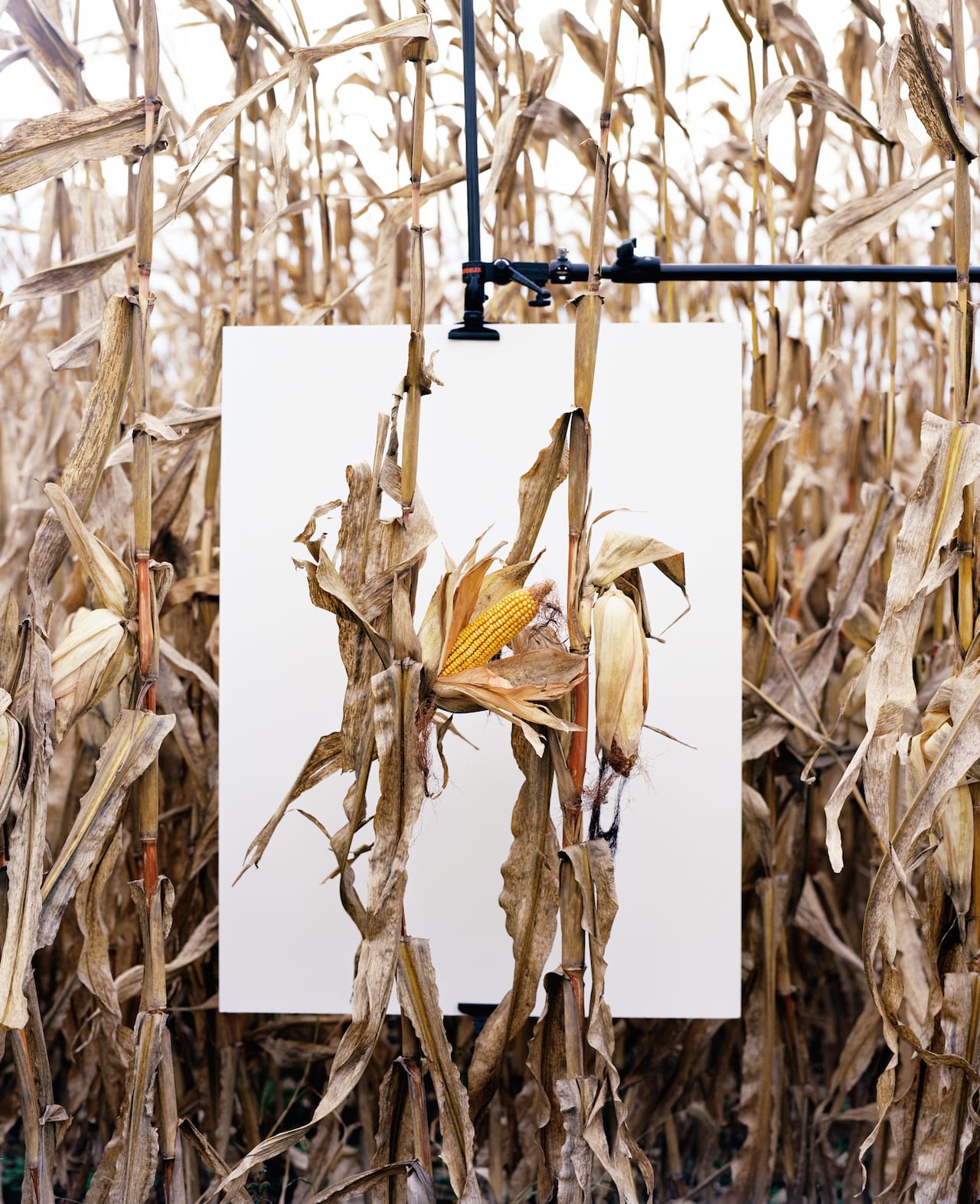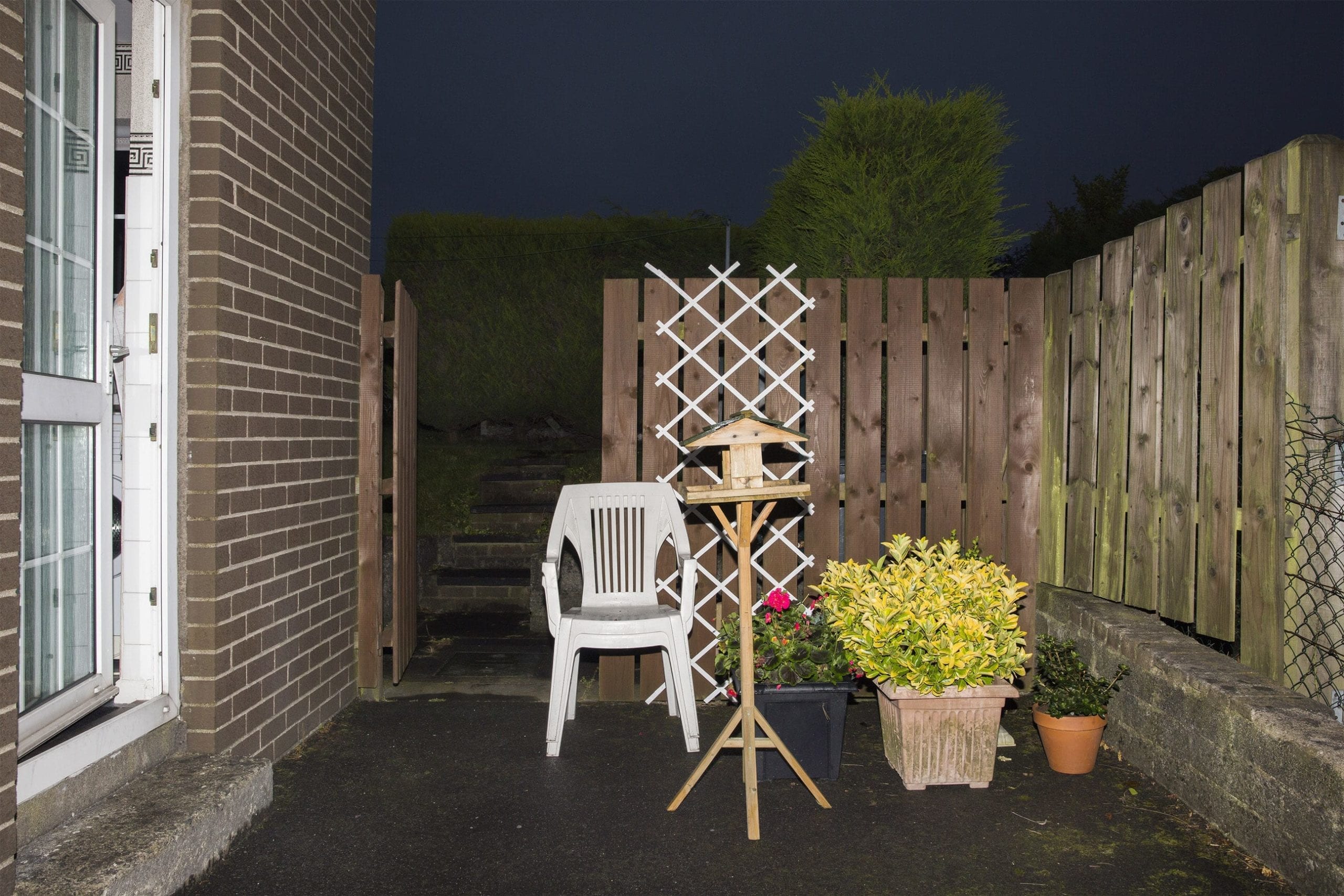Stakle recently won the New East Photo Prize organised by Calvert 22 Foundation, with a series titled Heavy Waters. Shot in Crimea in 2011, the series shows towns and villages scattered along the coast on the Crimean Peninsula – an area that was at the time part of Ukraine, but which became part of Russia after the Ukraine-Russia crisis in 2014. To date, Crimea remains an internationally unrecognised part of Russia. Crimea was one of the most popular resorts of the Soviet Union but, says Stakle, “being on the crossroads of trade routes has always been risky”. “Since times immemorial, the Crimean Peninsula has been coveted by different countries, near and far,” he writes in his introduction to the series.
